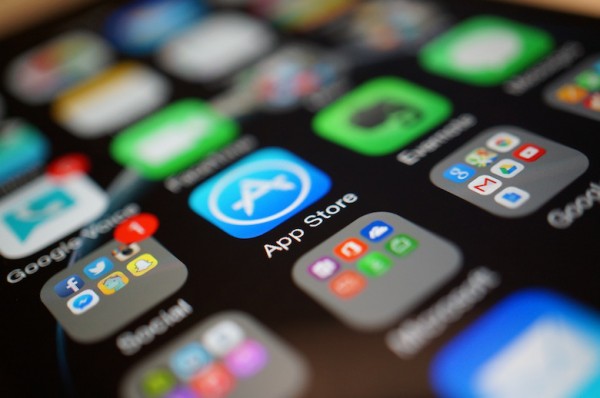Since 2011, iPhone users have been pursuing legal action against Apple for the supposed monopolisation of its App Store, causing customers to pay more than they should. After multiple delays, the US Supreme Court has agreed to hear Apple’s appeal in the Apple v. Pepper case, which will take place over a nine-month period.
The case takes aim at the distribution of iOS applications, as Apple discourages third-party markets in favour of micromanaging its own App Store. Taking a 30 percent cut for the approval process, the plaintiffs allege that this fee has driven up the price of applications and is now seeking class action status in order to recover costs that have fallen on consumers.
Previously, the case was thrown out after a lower court determined that the plaintiffs had no ground to sue, however the decision has since been overturned by a judge and will be reviewed by the Supreme court, Reuters reports. Starting in October, discussions and rebuttals between the two parties will commence, lasting approximately nine months.
If the Court escalates the plaintiff’s claims, it could spell bad news for other electronic commerce companies with walled marketplaces, as antitrust damages potentially become more of a threat. Amazon and eBay are the most notable that could eventually be brought into the fray, as both take a cut from its user-based marketplaces.
Apple has argued that its closed ecosystem is not only to craft a competitive market, but to ensure the security of the applications it is providing to its user base by sweeping entrants for malicious code. Currently Apple has the backing of the Trump administration, which has released a supporting brief urging the Supreme Court to handle the case with care.
Currently, e-commerce annually brings in roughly $452 billion in the United States as of 2017. If Apple loses the case, however, Bloomberg notes that the company might have to pay hundreds of millions of dollars thanks to plaintiffs potentially being awarded treble damages because of the behaviour. Although not explicitly stated, Apple might also be required to open up to third-party app sellers on iOS, a possibility the company has faced once before.
KitGuru Says: While the premium cost does seem like a pain, one thing Apple has always done right it deliver an experience free of the same security woes provided by open markets. Are you happy with paying a potential 30 percent more for applications you know you can trust or would you prefer the savings?
 KitGuru KitGuru.net – Tech News | Hardware News | Hardware Reviews | IOS | Mobile | Gaming | Graphics Cards
KitGuru KitGuru.net – Tech News | Hardware News | Hardware Reviews | IOS | Mobile | Gaming | Graphics Cards



